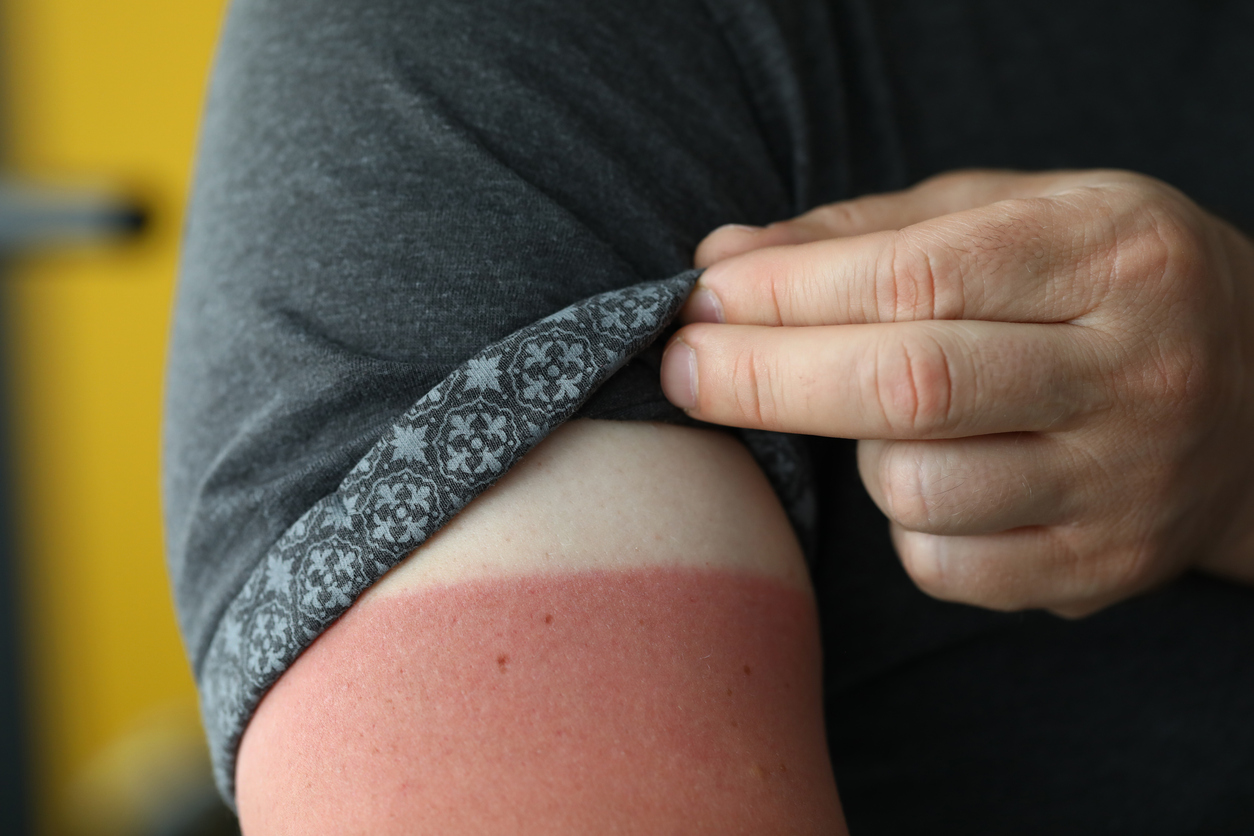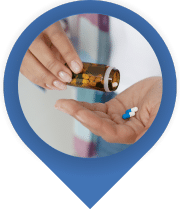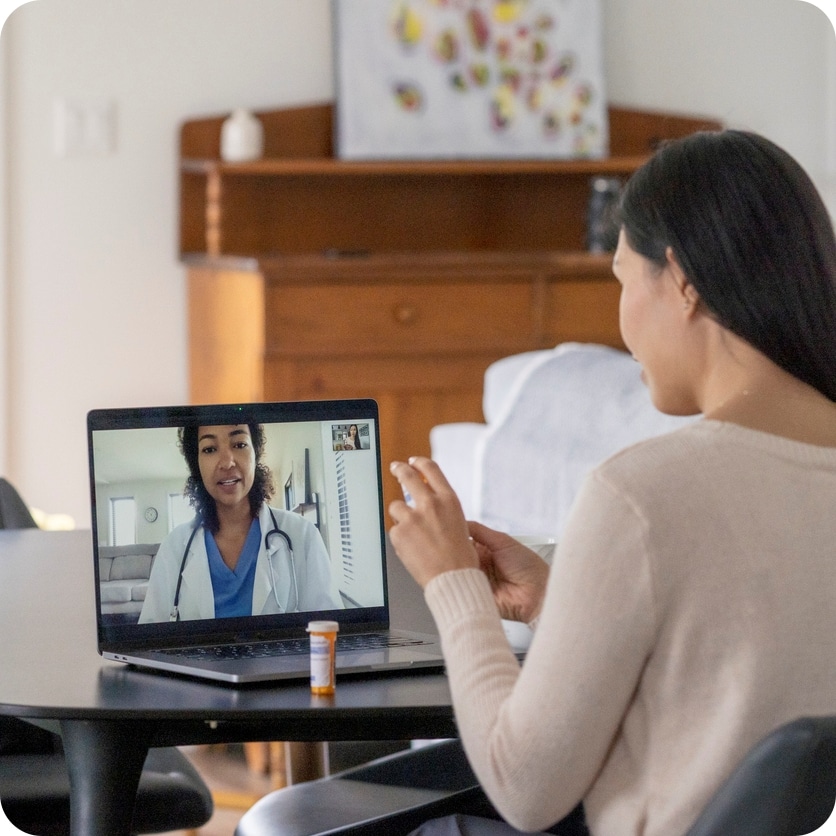The Latest Healthcare News
Check out our blog to learn more from our team about the latest medical advancements, health tips, and primary care news.

Sunburn is a common condition resulting from overexposure to ultraviolet (UV) rays from the sun or artificial sources like tanning beds. At AllCare, we provide comprehensive care for sunburn, ensuring effective treatment and prevention strategies to protect your skin and prevent cancerous lesions.
Sunburn occurs when the skin is exposed to too much UV radiation, leading to damage to the skin cells. This damage triggers an inflammatory response, resulting in the symptoms commonly associated with sunburn. The severity of sunburn can range from mild redness to severe blistering and discomfort.
The symptoms of sunburn can vary in severity but usually begin to appear within a few hours after sun exposure. The most noticeable symptom is redness of the skin, which may be accompanied by warmth and tenderness to the touch. Other common symptoms include:

Sunburn is caused by overexposure to ultraviolet (UV) radiation from the sun or artificial sources such as tanning beds. UV radiation damages the DNA in skin cells, triggering an inflammatory response that leads to the characteristic redness, pain, and other symptoms of sunburn. Several factors can influence the likelihood and severity of sunburn, including the type and intensity of UV radiation, skin type, and the duration of exposure.
Diagnosing sunburn at AllCare involves a comprehensive approach to ensure accurate assessment and effective treatment. Some steps are:
At AllCare, we offer a range of treatments to manage sunburn symptoms and promote healing. The course of treatment chosen will depend on the severity of skin damage. Here’s an overview of the treatment options available:

Topical treatments are often the first line of defense for sunburn, providing direct relief to the affected area. These treatments include moisturizers like aloe vera and other soothing lotions that help keep the skin hydrated and reduce peeling. Antiseptic creams are used to prevent infection in cases where blisters have formed and broken.

For more severe sunburns, oral medications may be necessary to control symptoms and prevent complications. Pain relievers, including nonsteroidal anti-inflammatory drugs (NSAIDs) like ibuprofen or acetaminophen, help reduce pain and inflammation. Antihistamines can also be beneficial in managing itching and swelling associated with sunburn.

Proper hydration is crucial for sunburn recovery. Drinking plenty of fluids helps replenish lost moisture and supports the healing process. Keeping the body well-hydrated aids in maintaining skin health and can expedite the recovery from sunburn.

Sunburn education is essential for preventing skin damage and reducing long-term health risks. Your physician will talk with you about the dangers of UV radiation, the importance of proper sun protection methods, and how to recognize early signs of sunburn. They may provide tips on times to avoid being outside and future at-home management.

Experience the convenience of telehealth appointments at AllCare. Our telemedicine services are designed to provide you with seamless access to healthcare without the need to leave your home. Whether you need an online doctor’s appointment for immediate or primary care, AllCare’s got you covered. With our online telehealth services currently available to individuals located in Virginia, Maryland, and Washington, D.C., you can connect with our experienced urgent and primary care physicians via secure video calls.
At AllCare, we are expanding our virtual healthcare access to all services previously offered in person. This includes:
Even a single severe sunburn can significantly increase one’s lifetime risk of skin cancer, so preventing sunburn is essential for maintaining healthy skin. Some of the primary measures include:
The time for sunburn healing varies depending on the severity. Mild sunburns typically resolve within three to five days, with gradual reduction in redness and discomfort. Moderate sunburns, which involve more intense redness, swelling, and pain, may take up to a week or longer to completely heal. Severe sunburns, characterized by blistering and peeling, can take two weeks or more to fully recover. Proper care, hydration, and avoiding further sun exposure can aid in the healing process
Treating a severe sunburn involves several steps to alleviate pain, reduce inflammation, and prevent complications. Applying cool, damp cloths to the affected area for 10-15 minutes several times a day, or taking cool baths or showers, can provide relief. Staying hydrated by drinking plenty of water helps the skin recover.
Moisturizers, such as aloe vera and alcohol-free lotions, help keep the skin hydrated and reduce peeling. Over-the-counter pain relievers like ibuprofen or acetaminophen also can reduce pain and inflammation. If blisters form, do not pop them; instead, cover them lightly with a sterile bandage to prevent infection. Wearing loose, soft clothing can avoid irritating the sunburned skin.
Note: If your sunburn isn’t getting better after at home treatments, visit an AllCare clinic for more effective treatments. If you have a severe sunburn with extensive blistering, intense pain, or systemic symptoms such as persistent fever, vomiting, or low blood pressure, visit the closest ER facility for further evaluation and treatment.
Yes, severe sunburn can cause fever. When the skin is extensively damaged by UV radiation, it can trigger an inflammatory response that affects the entire body. This inflammation is caused by DNA damage, release of cytokines which provide inflammatory relief, and increased blood flow. If you experience a fever along with severe sunburn, it is important to stay hydrated and seek medical attention to prevent further complications.
In severe cases, such as those involving extensive blistering, dehydration, or systemic symptoms like fever, headache, and vomiting, we may refer patients to a specialist or an emergency room for further care. Additionally, patients who develop sun spots or lesions alongside the sunburn will be referred to a dermatologist.
Yes, AllCare offers telemedicine services for sunburn consultations. While in-person evaluations are ideal for assessing skin conditions, telemedicine allows for convenient discussions about symptoms and treatment plans. If you have a mild to moderate sunburn that isn’t getting better with at-home treatments, this is a good option.
At AllCare, we’re proud to deliver exceptional primary and urgent care to residents across Virginia, Maryland, and Washington D.C. From bustling city centers to serene suburban neighborhoods, our clinics are strategically placed for your convenience and care. Experience top-tier sunburn treatment in your community with AllCare, where your health is our priority.
Check out our blog to learn more from our team about the latest medical advancements, health tips, and primary care news.
Sexually transmitted diseases (STDs), also known as sexually transmitted infections (STIs), are often associated with noticeable symptoms like pain, discharge, […]
Read More >Depression can cause a range of symptoms that affect your thoughts, feelings, behavior, and sense of well-being. But, too often, […]
Read More >Facial pressure, nasal congestion, and persistent headaches are common signs of a sinus infection. These symptoms can make your daily […]
Read More >Our related healthcare services extend beyond immediate care to include preventive care such as routine physical exams, chronic disease management for conditions like diabetes, and specialty care referrals for more complex health issues.